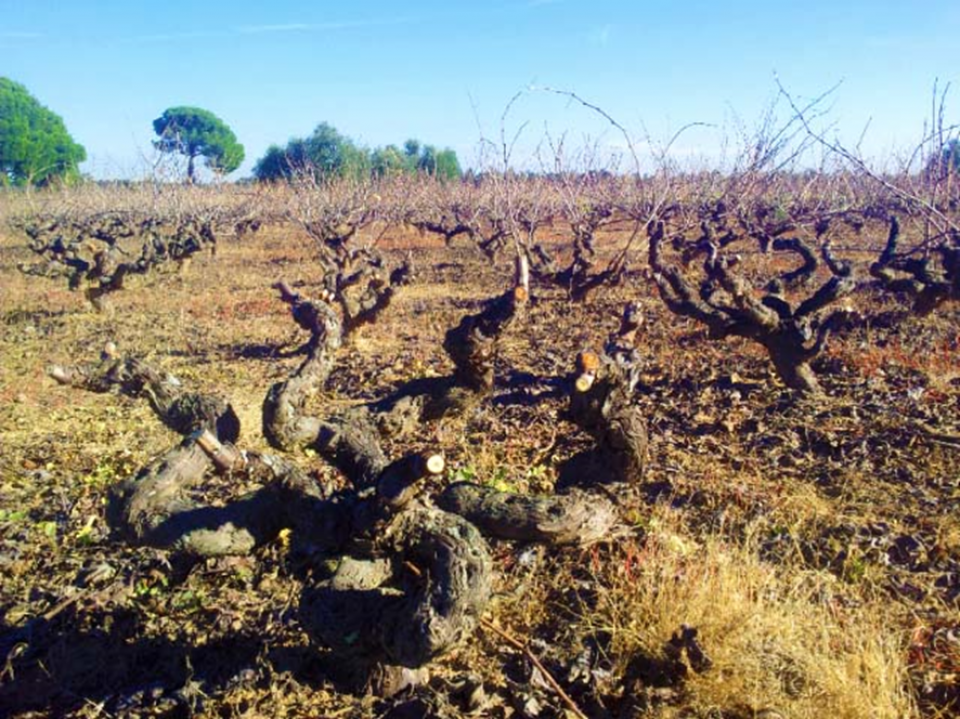
Donana is located at the end of the Guadalquivir watershed in Andalusia, Spain. The population amounts to 650,000 inhabitants and the economy is mostly based on agriculture and tourism. The Donana socio-ecological system (DSES) is a paradigmatic example of land sparing, where protected natural areas under strict conservation programs are embedded in a broader matrix of intensively managed land uses (mostly for food production). This polarised approach to territorial planning has often resulted in social conflicts between conservation authorities and resource users, with largely negative consequences for biodiversity and ecosystem services. The main ecosystems include an agricultural matrix, marshes, estuary, sand dunes and the coast line.
Analysing the effects of the landscape planning scheme in ecosystem service performance, and exploring the ways in which ecosystem services can be explicitly incorporated in the management of the protected areas of Donana and the surrounding landscape.
- Exploring the possibilities for a multi-scale management using the ecosystem services framework.
- Evaluation of the different proposals towards the maintenance of the traditional cultural landscape in the long term.
- Supporting local stakeholders in identifying pathways towards sustainable maintenance of ecosystem services.
The results are transferable for different contexts, including protected areas (especially if surrounded by transformed lands), and to any agrarian landscape. Nonetheless, the methods, results and conclusions of the land use change analysis, ecosystem services mapping, institutional analysis, integrated valuation, multi-criteria decision analysis and ecosystem services perception could be of interest to any other context dealing with landscape management.
Protecting Donana's traditional vineyards is a challenge in the neighbourhood of one of the largest and most emblemic wetlands in Europe. Economic instruments such as Payment for Ecosystem Services tax and subsidy reforms were evaluated as less suitable and viable among the policy alternatives to maintain Donana's traditional vineyards and the ecosystem services they provide.~
